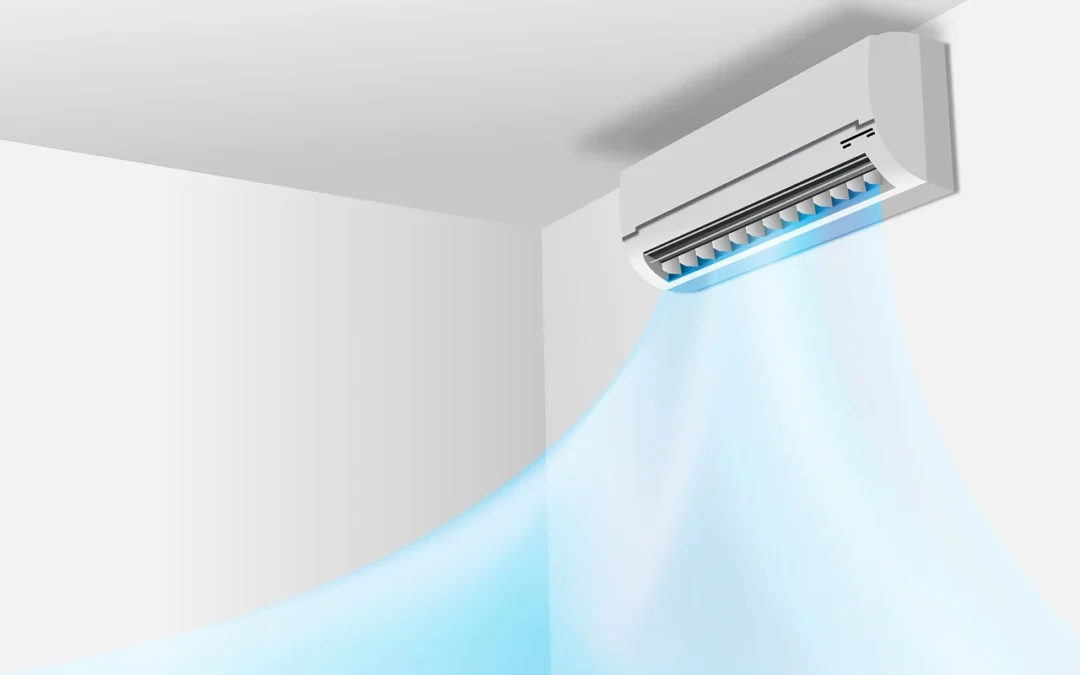Ensuring your commercial air conditioning units last as long as possible isn’t just about comfort; it’s also about cost-effectiveness and sustainability. Who doesn’t want to avoid unexpected breakdowns, especially during the peak of summer? Let’s dive into some best practices that can help extend the life of your commercial AC units, keeping them running efficiently and effectively for as long as possible.
Understanding Your AC Unit
First things first, understanding the type of commercial AC unit you have is crucial. Whether it’s a split system, a multi-split system, or a VRF/VRV, knowing the specifics allows for better maintenance and care.
Regular Maintenance: The Non-Negotiable
Routine Check-ups
Just like you wouldn’t skip a car’s service appointment, regular check-ups for your AC unit are non-negotiable. Here’s why they’re so vital:
- Early Detection of Issues: Catching a problem early can prevent more significant issues down the line. After all, we’re sure you’d rather pay for a minor air conditioning repair than an expensive one!
- Efficiency: Regular maintenance ensures your unit runs as efficiently as possible, saving you money on energy bills.
- Lifespan: Consistent care can significantly extend the life of your AC unit.
Professional Maintenance vs. DIY
While there are aspects of maintenance you can handle yourself, such as changing filters, it’s essential to have a professional check your system at least once a year. They can handle the more complex tasks, ensuring everything is in top-notch condition.
Cleaning: More Than Just Aesthetics
Dirt and debris are more than just an eyesore; they can significantly impact your AC’s performance. Here’s a breakdown of what needs regular cleaning:
- Filters: These should be checked and cleaned or replaced every few months. A clogged filter restricts airflow, making your unit work harder.
- Coils and Fins: Dirt on coils and fins can reduce efficiency and airflow. Gentle cleaning is recommended to avoid damage.
- Drain Lines: Ensure these are clear to prevent water build-up and potential damage.
Upgrades and Replacements: Timing is Everything
Knowing when to upgrade or replace parts of your AC unit is crucial. Upgrading to energy-efficient models can save money in the long run and reduce your carbon footprint. However, if your unit is frequently breaking down or not performing as it should, it might be time to consider a replacement.
Installation Matters
Proper installation is key to the longevity of your AC unit. Incorrect installation can lead to inefficiencies and more frequent repairs. Always ensure a reputable, experienced professional installs and configures your system.
The Impact of Usage Patterns
How you use your AC unit can significantly impact its lifespan. Here are a few tips to optimize usage:
- Thermostat Settings: Keeping your thermostat at a consistent temperature can reduce wear and tear on your unit.
- Avoid Overuse: On cooler days, consider natural ventilation. Giving your AC a break can extend its life.
- Zoning Systems: If applicable, use zoning systems to cool only the areas in use, reducing strain on your unit.
When Things Go Wrong: Troubleshooting Basics
While professional help is often necessary for repairs, knowing basic troubleshooting can be handy. If your AC isn’t working correctly, check the following before calling a pro:
- Thermostat Settings: Ensure it’s set correctly and working.
- Power Supply: Check if there’s a tripped breaker or a blown fuse.
- Filters and Vents: Make sure filters are clean and vents are unobstructed.
FAQs for the Curious Mind
How long should a commercial AC unit last?
With proper care and maintenance, most commercial AC units can last 15-20 years.
Is it worth repairing an old AC unit?
It depends on the age and condition of the unit. If repair costs are more than half the price of a new unit, it might be time to replace it.
How often should I have my AC unit serviced?
At least once a year, ideally before the cooling season begins.
Wrapping It Up
Maximizing the lifespan of your commercial AC units isn’t just about saving money; it’s also about efficiency and sustainability. Regular maintenance, proper cleaning, and understanding when upgrades or replacements are necessary can go a long way in ensuring your AC units serve you well for years to come.








